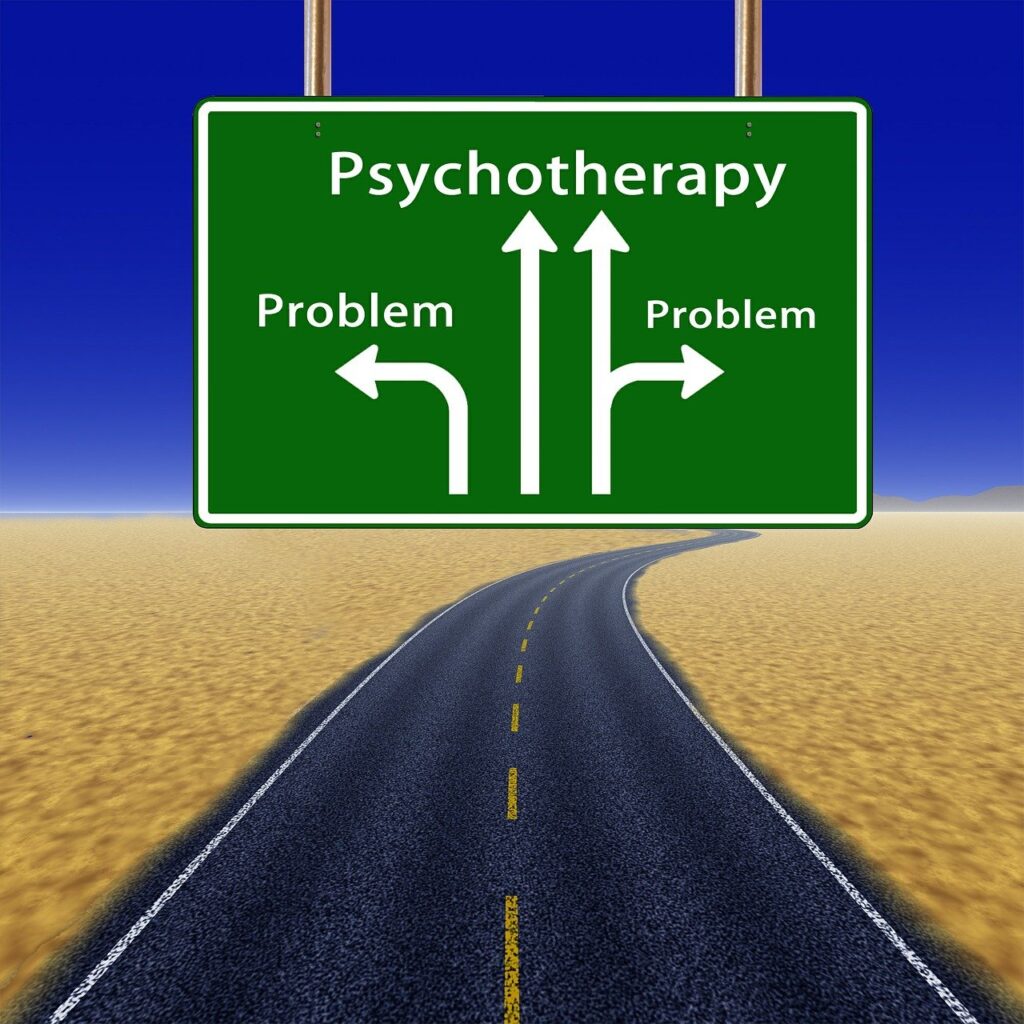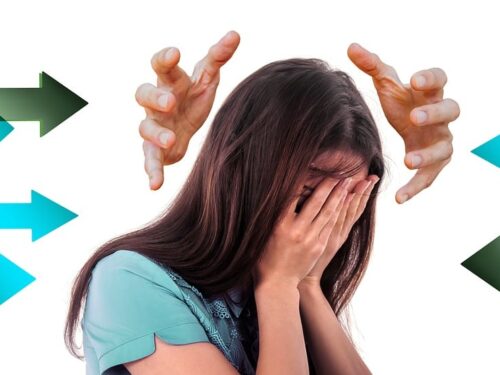081-4797-7173

Anxiety and depression are common mental health illnesses that can have serious consequences on a person’s everyday life, relationships, and overall well-being. They frequently occur at the same time, making it difficult to cope and function in daily life. Anxiety is defined as excessively high levels of uneasiness, worry, or fear. Depression is defined by persistent emotions of sadness, hopelessness, and loss of interest in activities that linger for an extended period of time.
Risk Factors and Causes of Anxiety and Depression
1. Genetics: People with a close family history of anxiety and depression are more likely to develop these conditions.
2. Trauma: Events such as abuse, assault, or a significant life event that cause physical, emotional, or psychological trauma may lead to anxiety and depression.
3. Chronic Stress: Long-term exposure to stressful conditions or chronic stress can have a negative influence on mental health, increasing the risk of anxiety and depression.
4. Personality Factors: Certain personality traits, such as being overly self-critical, perfectionistic, or pessimistic, might lead to anxiety and depression.
5. Medical Conditions: Hormonal abnormalities, chronic illnesses, and other ailments can occasionally cause or worsen anxiety and Depression.
6. Substance Abuse: Alcohol and drug usage might raise your chances of getting anxiety and depression. Cocaine, Methylphenidate, and stimulants like coffee, energy drinks, and soft drinks are the most frequently associated with anxiety symptoms.
7. Neurochemical Imbalance: Imbalances in neurotransmitters like serotonin, dopamine, and norepinephrine can contribute to anxiety and Depression.
8. Brain Structure: Changes in the structure and function of specific parts of the brain, such as the amygdala and prefrontal cortex, can contribute to anxiety and depression.
9. Environmental Factors: A dysfunctional home environment, financial troubles, and social isolation can all contribute to the development of anxiety and depression.
10. Cognitive Factors: Negative thought patterns, rumination, and subconscious prejudices can all contribute to the development and persistence of anxiety and depression.
Ways to Manage Anxiety and Depression

1. Seeking Professional care: It’s crucial to seek medical care if you are battling with anxiety and depression. A mental health professional, such as a therapist or psychiatrist, can provide an appropriate diagnosis and create a customized treatment plan.
Therapy, such as cognitive-behavioral therapy (CBT) and mindfulness-based techniques, can be extremely beneficial in teaching people how to cope, confront negative thought patterns, and manage their emotions more effectively.
2. Therapy: Therapy can help you understand and deal with the ideas and feelings that cause your anxiety and despression. Anxiety and depression treatment options include cognitive-behavioral therapy (CBT), mindfulness-based therapy, interpersonal therapy, and psychodynamic therapy. Your therapist can assist you in selecting the appropriate therapy for your specific goals, needs, and personality type. Therapy can teach you new skills and strategies for managing your symptoms, including as recognizing and confronting negative thoughts, practicing relaxation techniques, creating realistic objectives, and finding social support.
3. Self-Care and Lifestyle Changes: Regular physical activity, such as walking, yoga, or swimming, can help lessen anxiety and depression symptoms by generating endorphins and increasing overall well-being.
Prioritizing healthy eating habits, getting enough sleep, and avoiding excessive alcohol and substance use can all help to improve your mental and emotional wellness.
4. Mindfulness and Relaxation Techniques: Mindfulness meditation, deep breathing techniques, and progressive muscle relaxation can all help people manage anxiety and depression by instilling calm and reducing stress.
Activities that bring joy and relaxation, such as spending time in nature, listening to music, or participating in creative hobbies, can also help manage symptoms.
5. Building a Support Network: Connecting with helpful friends, family members, or support groups can give you a sense of belonging and understanding, which is essential for dealing with anxiety and depression.
Opening up about your issues and requesting aid from loved ones might make you feel less isolated and provide emotional support.
6. Medication and Other Treatment Options: In some circumstances, medication may be administered to manage anxiety and depression symptoms. Medication can help regulate the chemicals in your brain that influence your mood and emotions. Anxiety and depression medications include antidepressants, anti-anxiety medicines, and mood stabilizers. Working closely with a healthcare provider is essential to determining the best drug and dosage for you. Your doctor can prescribe the right prescription for you depending on your symptoms, medical history, and preferences. You may need to test several drugs or dosages before finding one that works for you.
Other therapeutic methods, such as acupuncture, massage therapy, and alternative medicine approaches, can supplement and support established treatments.
Conclusion
It is critical to remember that dealing with anxiety and depression is an ongoing process, and it is OK to seek treatment and experiment with different tactics until you find what works for you. It’s also vital to be patient with yourself and cultivate self-compassion along the journey. If you or someone you love is suffering from anxiety and depression, seeking professional help and support is an important step toward recovery and well-being.






